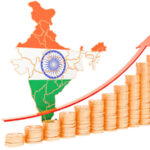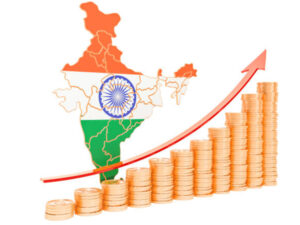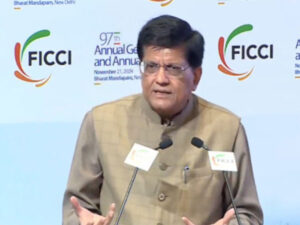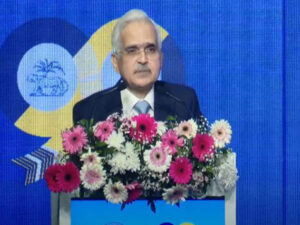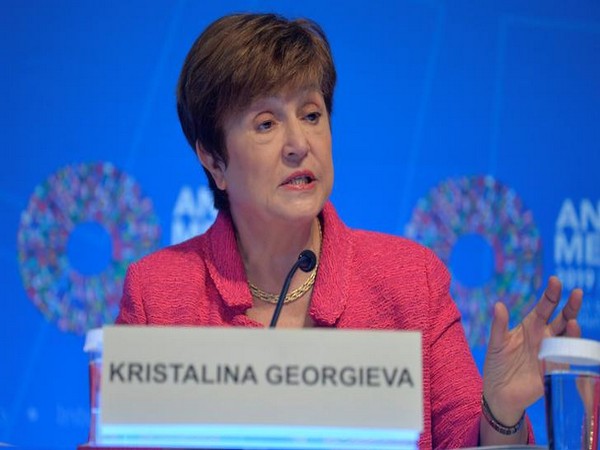
International Monetary Fund (IMF) Managing Director Kristalina Georgieva makes remarks at an opening press conference during the IMF and World Bank's 2019 Annual Fall Meetings of finance ministers and bank governors, in Washington, U.S. October 17, 2019. REUTERS/Mike Theiler
Washington D.C. [USA], Mar 24 (ANI): The International Monetary Fund (IMF ) expects that the coronavirus pandemic will cause a global recession in 2020 that will be as bad as 2008 financial crisis, IMF Managing Director Kristalina Georgieva said on Monday. “First, the global economic outlook for 2020 is expected to be negative. We will face recession at least as bad as during the global financial crisis or worse, but we expect the recovery in 2021.
Countries should undertake more bold fiscal actions,” Georgieva wrote on Twitter, after the meeting of G20 finance ministers and central bank governors. “Second, emerging markets and low-income countries face significant challenges, particularly low-income countries in debt distress, an issue on which we are working closely with the World Bank,” she added.
Talking on possible financial aid to COVID-19 affected countries, she added: “Third, many countries are turning to the IMF for financial assistance. To date, we have received close to 80 requests and we stand ready to deploy all our USD 1 trillion lending capacity.” Meanwhile, the World Bank expects to begin distributing funds from a USD 6 billion emergency package this week for nearly 50 countries to combat COVID-19, President of the World Bank Group David Malpass said in a speech on Monday, reported Sputnik “IBRD [World Bank] and IDA [World Bank International Development Association] will be making USD 6 billion available in the near term to support health care.
We’re currently restructuring existing projects in 23 countries, many of these through the use of ‘contingent emergency response components,” Malpass said in a conference call with foreign ministers. “We are also preparing projects in 49 countries in a new fast-track facility, with decisions expected this week on as many as 16 country programs.
Our Board will meet shortly, and I am hopeful that this first round of countries will provide a framework to allow us to quickly scale up over the next few weeks,” he added. According to the World Health Organisation (WHO), 332,935 people have been affected in 190 countries with 14,510 lives. (ANI)





